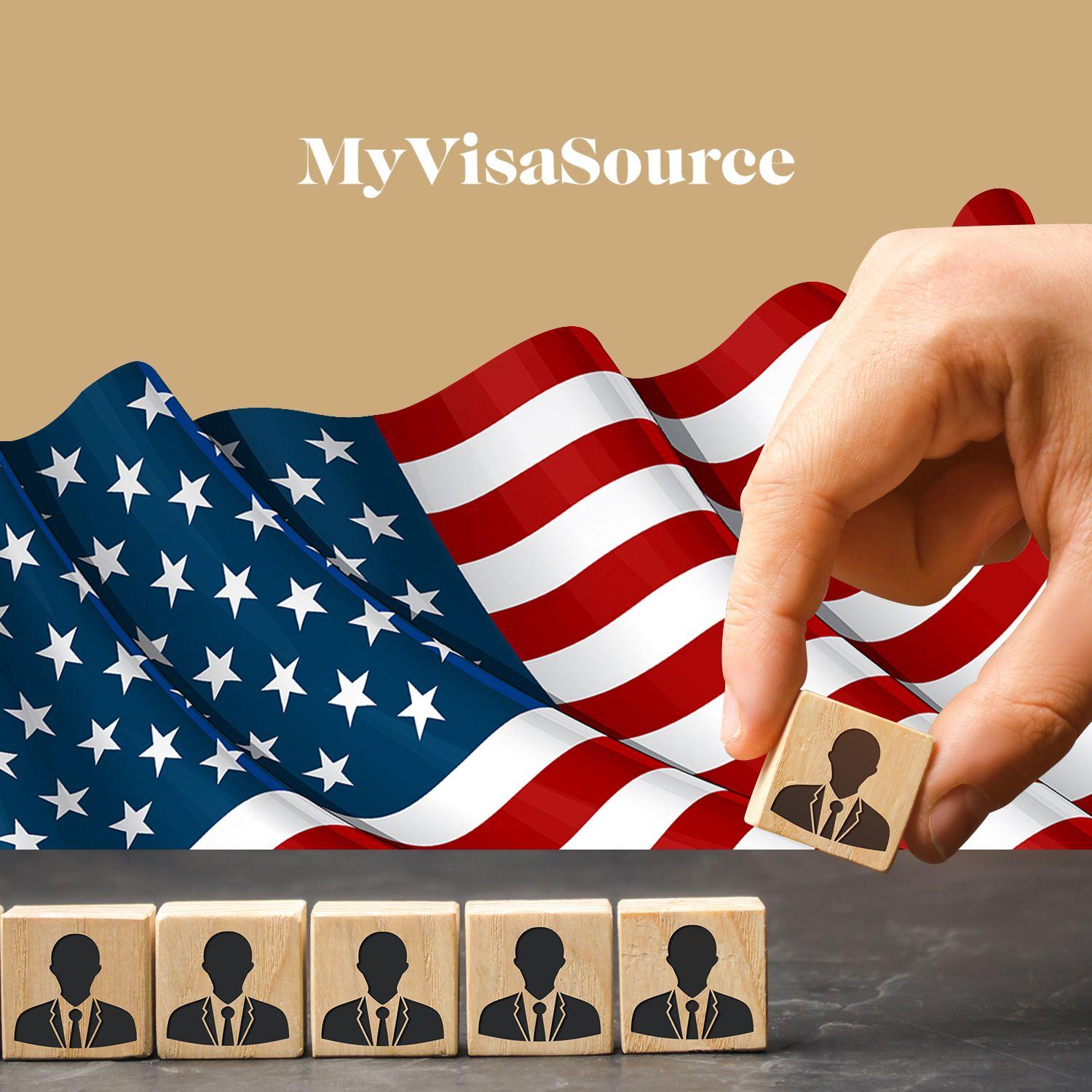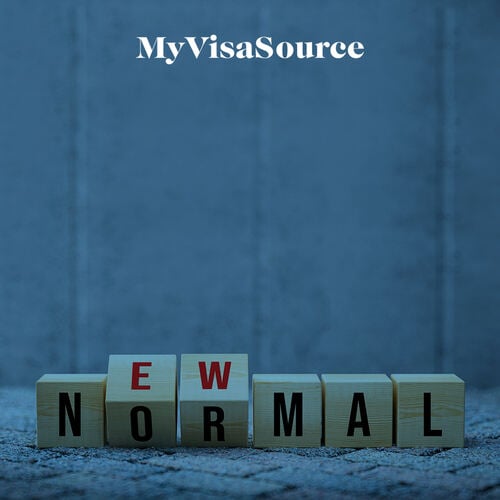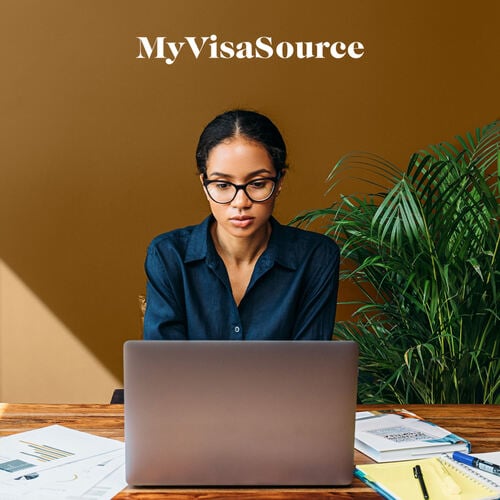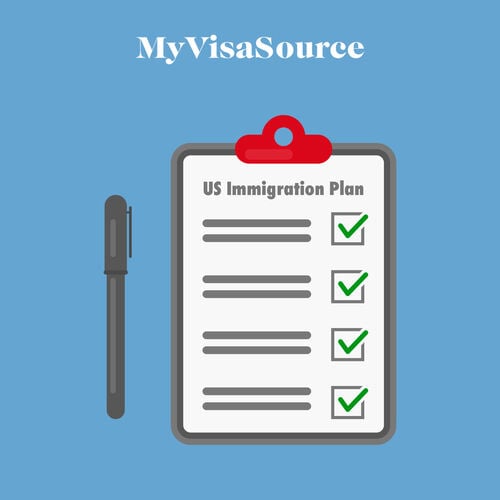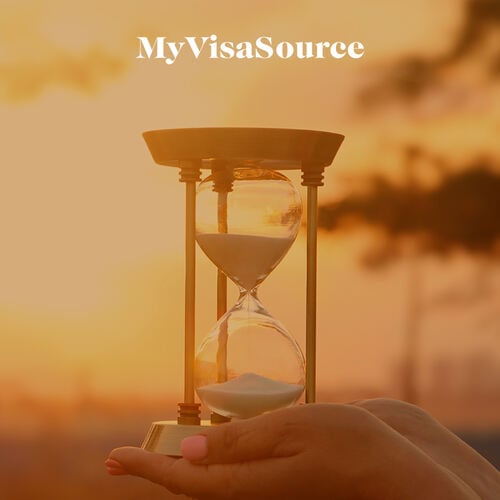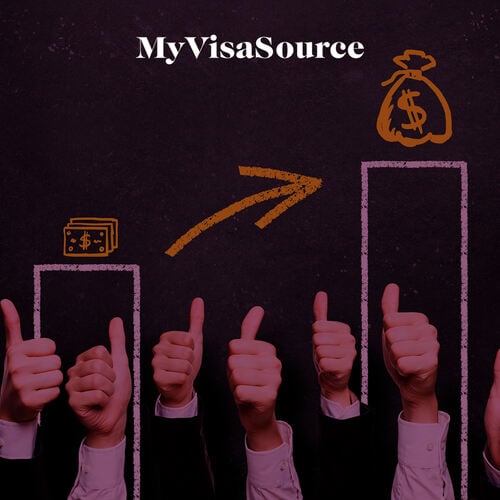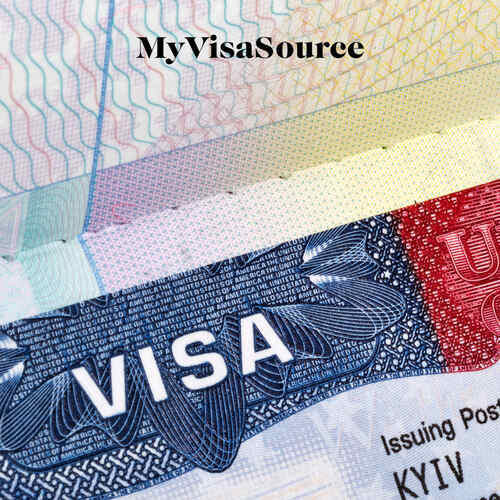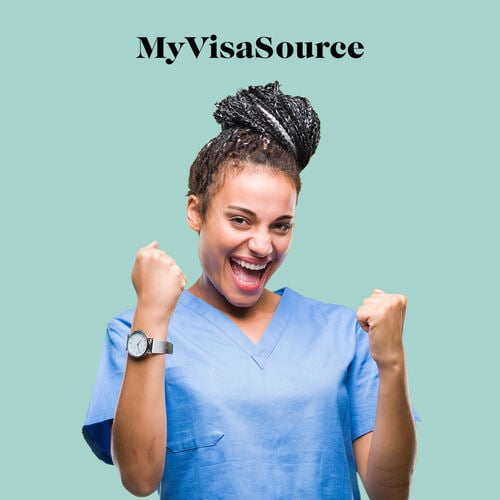The House Reconciliation Bill, which is expected to be voted on soon, will make filing an H-1B petition even more expensive. The most common misconception about the immigration of highly skilled foreign workers is that they add no value to the American economy except offering cheap labor. This misconception persists even though the key people behind discovering a vaccine for the Covid-19 virus are former international students, that is, H-1B Visa holders.
For most international students, the H-1B Visa is an important pathway to building their lives in the US. It is the first step in their immigration journey. The House Reconciliation Bill, if passed, will make it more expensive for employers to file petitions for such dreamers. The most recent version of the bill will add a supplemental fee of $500 to the existing fee for H-1B Visa petitions. This is among the many other fee increases included in the bill passed by the House Judiciary Committee in September 2021.
What US Visa Fees Have Been Increased by the House Reconciliation Bill?
Visa processing fees for the following visa programs have been increased in the House Reconciliation Bill:
- Form I-130, Petition for Alien Relative (for certain family-based immigrant petitions): $100
- Form I-140, Immigrant Petition for Alien Worker (for all employment-based visa petitions): $800
- Form I-526, Immigrant Petition by Alien Entrepreneur (for EB-5 Visa petitions): $15,000
- Form I-94/I-94W, Arrival/Departure Forms: $19
- F-1 Student Visa and the M-1 Student Visa, and J-1 Exchange Visitor Visa: $250
- Replace an expired or expiring Green Card: $500
- Form I-129, Petition for Nonimmigrant Worker (E, H-1B, L, O Visas, or P Visas status): $500
- Form I-539, Application To Extend/Change Nonimmigrant Status: $50
- Form I-765, Application for Employment Authorization: $500
- An Approved Nonimmigrant Visa: $75
How Will the Increased Fee Affect H-1B Visa Holders?
According to an analysis by the National Foundation for American Policy (NFAP), employers will have to spend as much as $31,800 to complete the initial filing process of an H-1B Visa petition and an extension for additional 3 years. The initial filing process would include the following steps:
- Application fee: $460
- New supplemental fee: $500
- Attorney fee: Between $1,500- $4,000
- Additional legal fees: Between $2,000 to $4,500, if there is a Request for Evidence
- Scholarship and training fee: $750-$1,500
- Anti-fraud fee: $500
- Premium processing fee: $2,500
- Additional fee for employers who have a higher proportion of H-1B Visa workers in their workforce: $4,000
- Visa fee: $190




